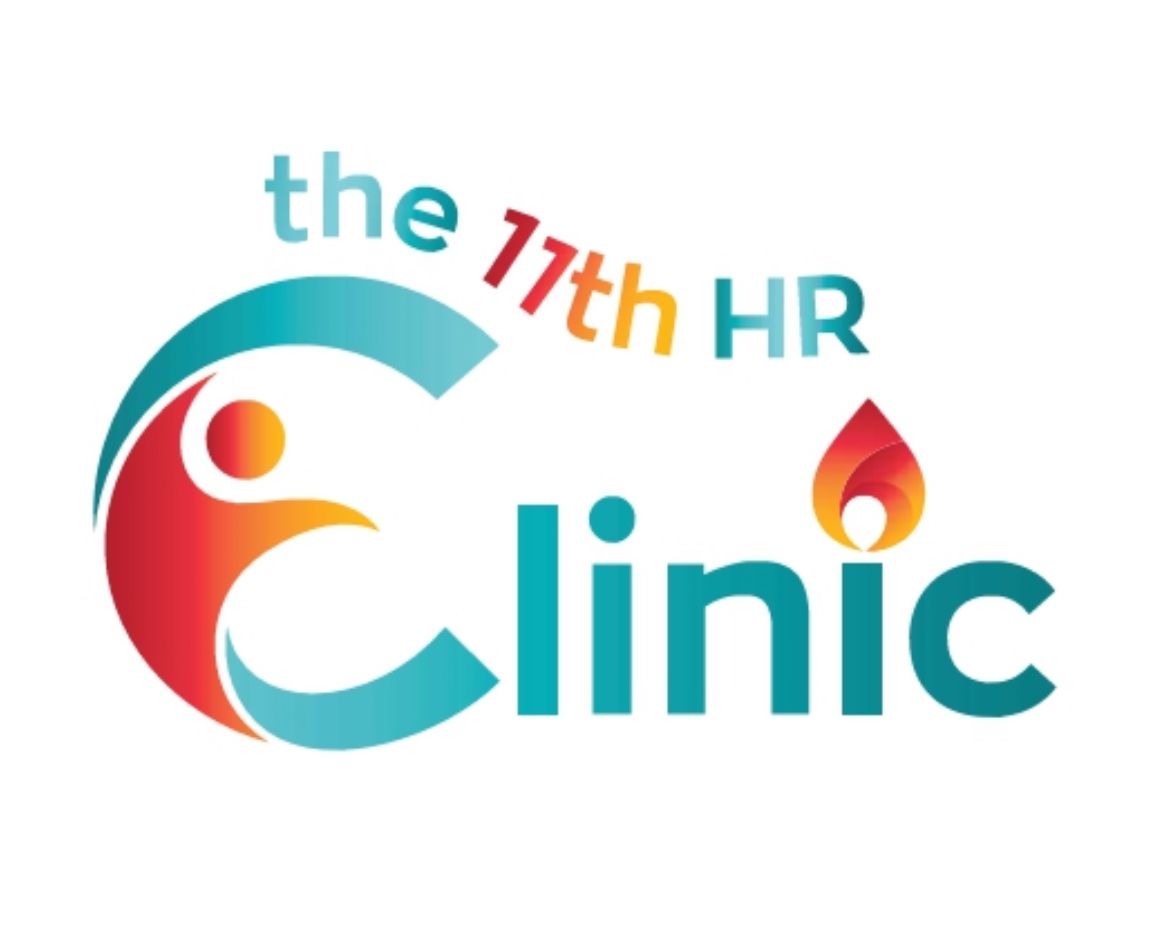The Psychosocial Determinants of Health
Psychosocial determinants of health refer to the social and psychological factors that influence an individual's health and well-being. These determinants operate at individual, community, and societal levels, shaping health outcomes through their impact on behaviours, access to resources, and exposure to stressors.
Key psychosocial determinants include:
Social Support and Relationships
- Quality and availability of social networks, including family, friends, and community connections.
- Emotional, instrumental, and informational support can buffer stress and promote mental and physical health.
Socioeconomic Status
- Income, education, and occupation are closely linked to health outcomes.
- Lower socioeconomic status is associated with higher levels of stress, reduced access to healthcare, poorer living conditions, and greater vulnerability to illness.
Stress and Coping Mechanisms
- Chronic stress can negatively impact physical and mental health.
- Effective coping strategies and resilience can mitigate the effects of stress.
Cultural and Social Norms
- Cultural beliefs, values, and practices shape health behaviours, such as diet, exercise, and healthcare utilization.
- Social norms can influence attitudes toward mental health, illness, and help-seeking behaviours.
Education and Health Literacy
- Education levels affect knowledge and understanding of health information, enabling individuals to make informed health decisions.
- Higher health literacy is associated with better health outcomes.
Work Environment
- Job security, workplace conditions, and work-life balance significantly influence stress levels and overall health.
- Unsafe or hostile work environments can lead to physical and psychological harm.
Community and Neighbourhood Environment
- Access to resources such as safe housing, healthy food, recreational spaces, and healthcare services.
- Neighbourhood safety and cohesion contribute to physical and mental well-being.
Discrimination and Social Inequality
- Experiences of racism, sexism, ageism, and other forms of discrimination can lead to chronic stress and health disparities.
- Structural inequities in society reinforce unequal health outcomes.
Psychological Factors
- Mental health conditions, personality traits, and emotional well-being directly influence physical health.
- Psychological resilience can play a protective role.
Life Events and Transitions
- Major life changes, such as bereavement, divorce, or migration, can create stress and affect health.
- Support systems and coping mechanisms influence how these transitions impact health.
Access to Healthcare
- The ability to access affordable, culturally competent, and quality healthcare services.
- Barriers to access, such as transportation, language, or financial constraints, impact health outcomes.
Our services aim to make a positive influence in this space, promoting health equity and improving quality of life for our clients.

